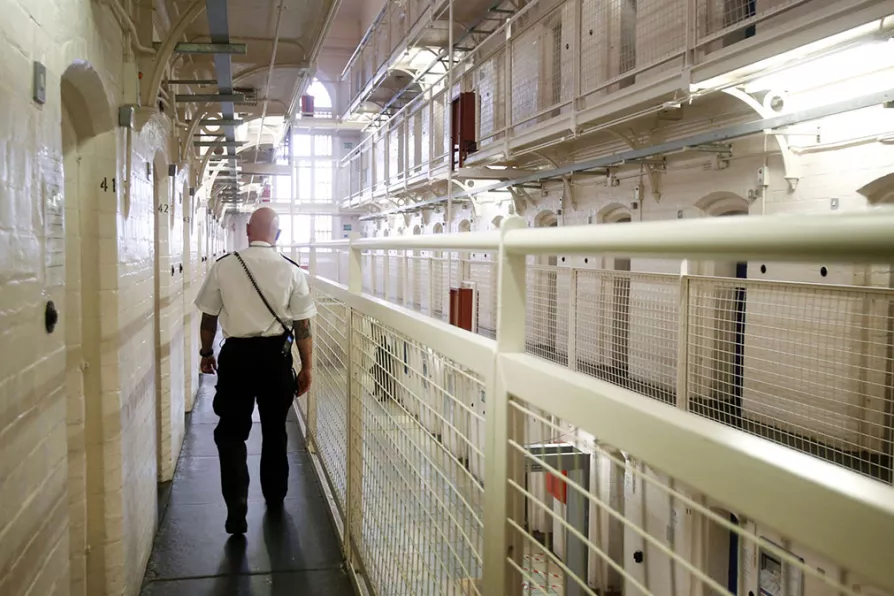As women dominate public services yet face pay gaps, unsafe workloads and rising misogyny, this International Women’s Day and TUC Women’s Conference must be a rallying point, says ANDREA EGAN

 HMP Barlinnie in Glasgow, October 16, 2013
HMP Barlinnie in Glasgow, October 16, 2013
LIKE every other trade union leader in Britain, I’m looking forward very much to the first TUC conference in 15 years under a Labour government.
A decade-and-a-half of cruel Tory austerity has devastated our public services — and prisons are no exception.
The overcrowding crisis has been all over the news but, as I wrote in these pages last month, this is just the tip of the prisons iceberg.

Our members face serious violence, crumbling workplaces and exposure to dangerous drugs — it is outrageous we still cannot legally use our industrial muscle to fight back and defend ourselves, writes STEVE GILLAN

Mental health fears push Peers to change law on IPP torture sentences, reports Charley Allan

Working in a high-risk sector, prison officers’ calls for proper PPE must be heeded – and the POA will be fighting to ensure effective protection at work is delivered, writes MARK FAIRHURST











